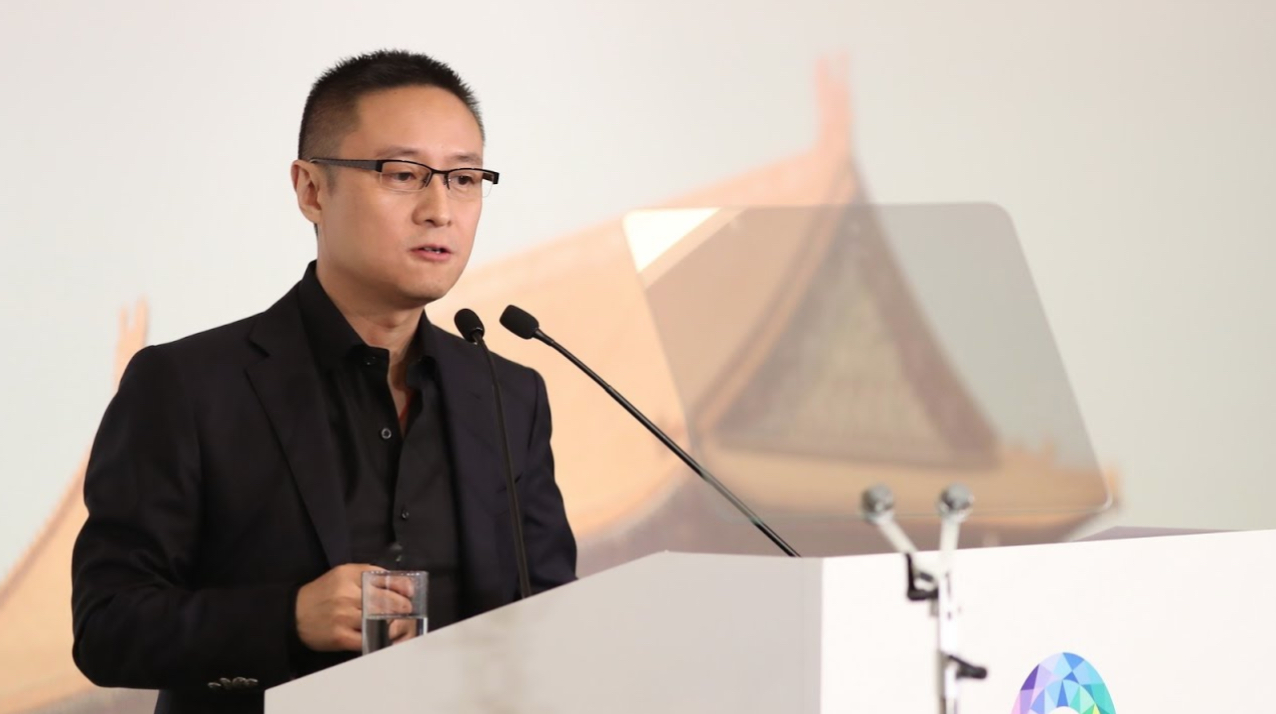Even propagandist Eric X. Li falls victim to a new censorship campaign

The National Internet Information Office of China, the country’s top cyber authority, has launched yet another crackdown against online expression, with “self-media,” blogs, and microblogs squarely in the crosshairs. Platforms targeted include Weibo, the most popular microblogging site in China, and WeChat, the all-encompassing social app that has become the main source of information for millions of Chinese people.
According to a statement (in Chinese) from the Cyberspace Administration of China (CAC), more than 9,800 blogging accounts have been erased from the internet since the campaign started on October 20. Reasons include spreading “politically harmful information” (政治有害信息 zhèngzhì yǒuhài xìnxī), creating rumors that disrupt the normal social order, and circulating vulgar content that has a negative impact on teenagers. “The chaotic nature of these self-media accounts seriously trampled on the dignity of laws and regulations, harmed the interests of the people, shaped online public opinion in a negative way, and caused strong backlash from the society,” the statement reads.
The move comes after a series of commentary articles published by the People’s Daily in October, which criticized bloggers, also known as self-media practitioners, for writing clickbait, spreading rumors to mislead the public, and being driven solely by profit. The Party’s house newspaper also urged authorities to introduce more laws and regulations to restore order in the space of online information. (All links in this paragraph are in Chinese).
The last major outbreak of social media censorship happened in August, when a considerable number of blockchain-related news accounts on WeChat were slapped with a complete and total ban as the government carried out a crackdown on cryptocurrencies. In August 2017, China initiated investigations into top social media sites, including WeChat and Weibo, claiming that they failed to comply with cyber laws. One month later, the cyberspace authorities moved to monitor conversations on WeChat more closely, which prompted many users to impose self-censorship by deleting chat groups.
In the recent round of tightening its control of online content, China’s Cyberspace Administration primarily targeted accounts focusing on current affairs and social trends. One of the accounts that have been taken down is “Bamboo Mr. Zhang” (紫竹张先生 zǐzhú zhāng xiānshēng), which had amassed a significant following by giving critical analysis of the Chinese economy and government corruption. Topics covered by this account included the Chongqing bus accident and corrupt officials in the country’s lottery business. Yǒu Shù Guāng 有束光, another account that was deleted, was similar, publishing social commentaries that were apparently too “progressive” for the government’s taste.
The purge surprised many by eradicating the official WeChat account of Guancha.cn 观察者网, a pro-government news site associated with Eric X. Li (李世默 Lǐ Shìmò), the silver-tongued venture capitalist who writes op-eds in American newspapers defending China’s leadership. The No. 1 Sentry (一号哨位 yīhào shàowèi), a veteran-initiated military blog that was once praised (in Chinese) by the People’s Liberation Army Daily for its unique perspective and excellent writing, was also shut down for unknown reasons.





